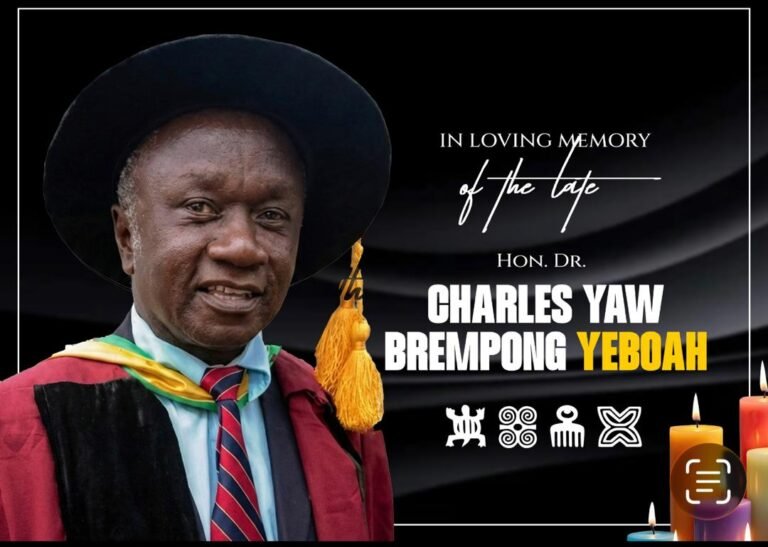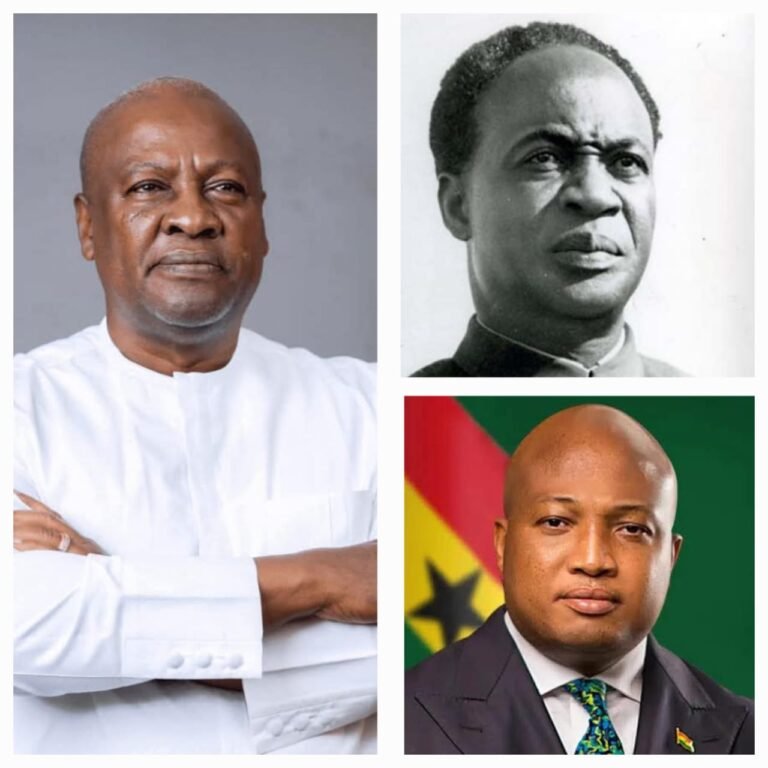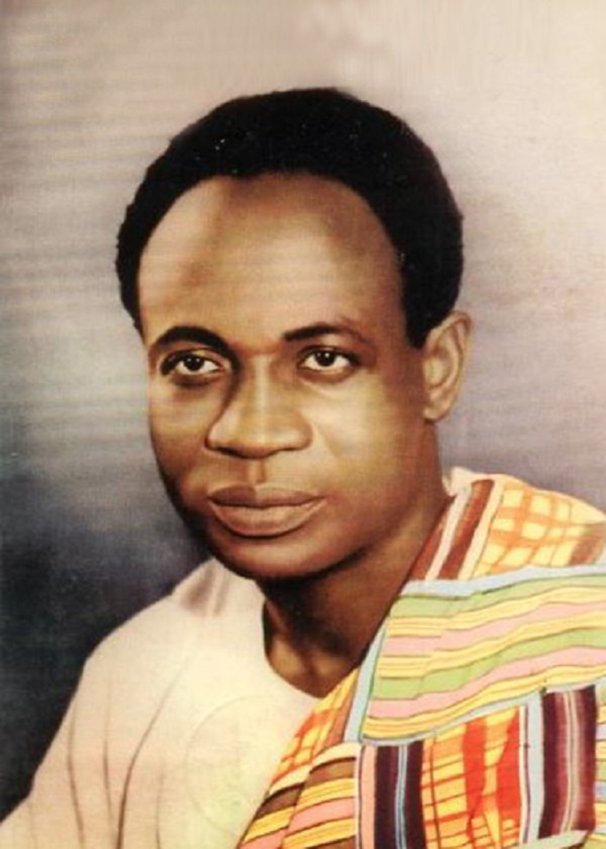
Dr. Antoinette Tsiboe-Darko, DI Executive Director

Political think tank Danquah Institute (DI) has stressed the need for Ghanaians to commit to efforts aimed at reshaping the current state of the country’s economy.
It believes that jointly putting in place measures aimed at providing platform for the discussion of constructive alternatives on domestic revenue mobilisation, import substitution and exchange rate stability, among others, will support government’s efforts in rebuilding the economy.
Addressing an Economic Forum at the University of Ghana, Executive Director of DI, Dr. Antoinette Tsiboe-Darko, said it was time to eschew extreme political partisanship in discussions around the economy and look to attaining the collective success and wellbeing of ordinary Ghanaians
“We can’t see the economic management to the markets because we need a lot more human centered policy that brings about recovery and impact more positively on our people, thereby providing safety,” she said.
The forum, organized by the think tank, was held under the theme “Restoring Macroeconomic Stability and Sustainable Economic Growth: Our Collective Responsibility”.
The DI Executive Director emphasised the need to build a nation of positivity, courage, commitment and passion in ensuring Ghana’s immediate economic rebound and forward march.
Increasing revenue
Senior Lecturer at the Department of Economics, University of Ghana, Dr. Adu Owusu Sarkodie, noted that research has proven that “tax revenue is about 82% of the total revenue of Ghana.”
“Since tax revenue is gained from the total GDP, tax revenue is a function of GDP. Therefore, growth in Ghana’s GDP will help overcome the economic crisis,” he said.
“If you grow the GDP, then you can get your tax revenue. For a middle income country like Ghana, the tax revenue projection for each year has been 2.5 times the real GDP growth rate projection for the year. It is proposed that for Ghana’s GDP growth rate to be more sustainable, it should be between 5 and 10%,” he explained.
Dr. Owusu Sarkodie believes that if Ghana had between five per cent and 10 per cent real GDP growth rate sustained for the next 10 years, it will be able to achieve its tax revenue target.
“Secondly, I’ll suggest we tax the sectors that are growing. If you want to raise revenue, look at your economy and the various sectors with areas growing very fast. In Ghana, the service sector accounts for over 50% of GDP, so if you want more revenue then we have to go to the service sector, the industrial sector and the agric sector,” he suggested.
He also stressed the need to focus on the telecommunication and the extractive sector if government wants to increase its revenue.
“The government of Ghana has spent so many resources on digitization and digitalization so when talking about revenue generation, we should marry the two. We should leverage both to raise revenue. A typical example is the road toll,” he stated.
“Close attention must be paid to the country’s natural resources and used to transform the economy. Botswana has a 55% stake in their diamond production and Nigeria has 51% share of their oil production, but Ghana has only a 16% stake in our extractive sector. So, we’re not making a lot out of this. We need to do more to get there and much emphasis must be on domestic resource mobilization,” he reiterated.





